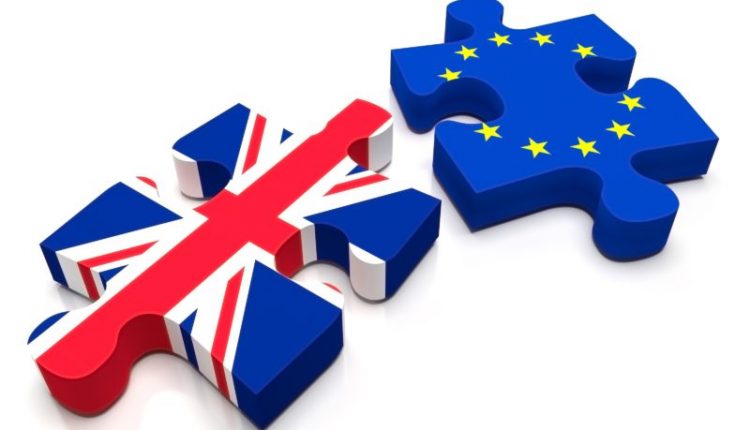10 reasons why a hard ‘no deal’ Brexit would be bad for North West manufacturers
EEF, the manufacturers’ organisation, claims that should the UK walk away with no preferential access it would immediately find itself at a loss. Tony McDonough reports.

Loss of access to both the European single market and the customs union would be a calamity for North West manufacturers.
That’s the view of EEF, the manufacturers’ organisation, which has laid out its 10 reason why it profoundly disagrees with Prime Minister Theresa May’s assertion that “no deal is better than a bad deal” in the Brexit negotiations.
It says that the suggestion is “simply unacceptable” to an industry that accounts for 45% of all UK exports.
The stark warning is made in a briefing paper – UK Trade with the EU: a new trading order for the manufacturing industry – in which EEF urges the Government to clarify its position on the customs union and customs arrangements.
It claims that should the UK walk away with no preferential access to the EU or international markets in place, on day one of Brexit it would immediately find itself at a loss, with the UK’s manufacturing sector bearing much of the brunt.
Its 10 reasons why no deal would be bad for manufacturers, are:
- Loss of zero rate tariffs
- Reverting to higher WTO tariffs for exports
- Potentially higher WTO tariffs on imports, including component parts from the EU
- Any UK tariff reductions would have to be offered to the rest of the world
- Changes to and potential loss of inwards processing relief
- Changes to customs warehousing arrangements
- New non-tariff barriers such as customs procedures
- Having to meet non-preferential rules of origin for exports to the EU
- Higher compliance costs for any EU standards that change
- Loss of preferential arrangements with third countries under current EU FTAs.
Richard Halstead, interim North West region director at EEF, said: “The EU is our sector’s single biggest trading partner in a complex, tightly interwoven trading environment.
“Undermining the building blocks of this relationship – the single market and the customs union – without any other supportive structure in place would undoubtedly hurt our industry and condemn us to a painful and costly Brexit.
“The idea of being able to walk away empty-handed might be a negotiating tactic, but it would in reality deliver a risky and expensive blow.
“The rhetoric from the UK Government needs to focus instead on achieving a deal that will work for the UK and the EU.”

